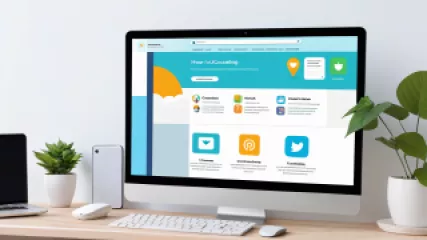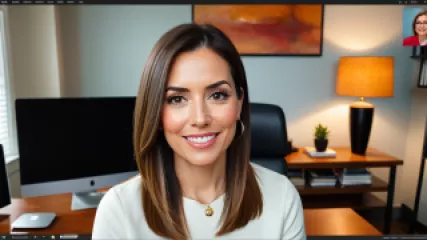Expert Interview: Tips for Managing Transitions in Your Life
1 year ago
Managing Transitions
Transforming Negative Thoughts: My Personal Journey
1 year ago
Overcoming Negative Thinking
What Are the Best Stress Relief Activities?
1 year ago
Stress Relief Activities
Groundbreaking Adolescent Counseling Research Insights
1 year ago
Adolescent Counseling
10 Best Mindfulness Practices for Busy Parents
1 year ago
Mindfulness for Parents
How Can You Find Happiness Counseling Online?
1 year ago
Happiness
Strategies for Waiting: What to Do When You're Stuck in the Queue
1 year ago
Psychology of Waiting
My Journey with Hyperactivity: Discovering Effective Stress Management Techniques
1 year ago
Managing Hyperactivity
Exploring the Impact of Digital Creative Therapy on Mental Well-being
1 year ago
Creative Therapy
10 Ways to Cultivate Empathy in Virtual Therapy
1 year ago
Empathy
10 Joy-Focused Therapy Techniques for Enhancing Wellbeing
1 year ago
Psychology of Joy
How Practicing Gratitude Transformed This Entrepreneur's Life
1 year ago
Gratitude Practice
The Ultimate Guide to Reducing Stress in Teens
1 year ago
Stress in Teens
Exploring the Psychological Impact of Color in Interior Spaces
1 year ago
Psychology of Color in Interiors
5 Creative Therapy Ideas to Improve Mental Health
1 year ago
Creative Therapy














